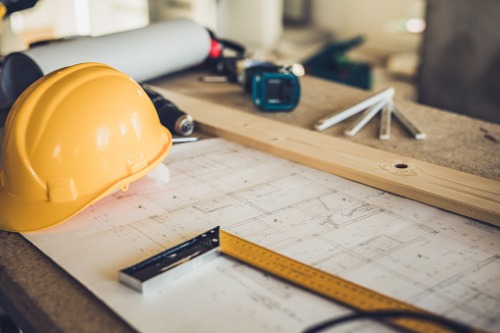Housing made up 14.6% of the economy in Q2 2019

The shortage in the supply of US homes has impacted housing’s share of the gross domestic product (GDP) negatively in the second quarter.
Faced with the ongoing housing affordability issues and dwindling supply, housing’s share of GDP dropped to 14.6%, according to the National Association of Home Builders.
The residential fixed investment (RFI) – the measure of homebuilding, multifamily development, and remodeling contributions to GDP – made up 3.1% of the economy, which reached a seasonally-adjusted annual pace of $589 billion. Construction of new single-family and multifamily buildings, as well as residential remodeling, production of manufactured homes and brokers’ fees all add up to the RFI.
The impact of housing on GDP also consists of housing services such as gross rents, utility payments, and owners’ imputed rent or the estimate of how much it would cost to rent an owner-occupied unit. Housing services were 11.5% of the economy or $2.18 trillion for Q2 2019.
Combined, these two housing-related activities contributed to the housing’s share of GDP for the quarter.
“Historically, RFI has averaged roughly 5% of GDP while housing services have averaged between 12% and 13%, for a combined 17% to 18% of GDP,” NHAB Chief Economist Robert Dietz wrote. “These shares tend to vary over the business cycle.”



